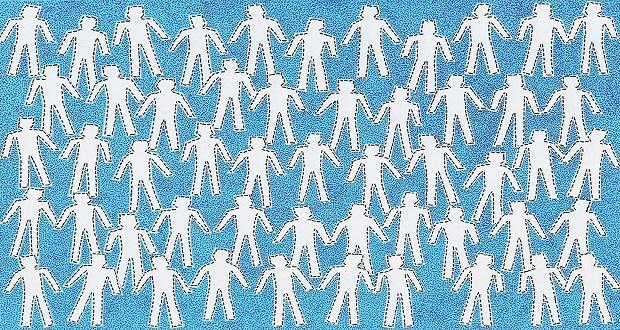
“Where was your family 50 years ago? What about 100 years? What about 228 years?” She gazed at me with such intensity that I wanted to look away, but I couldn’t. Instead, her stare compelled me to answer…
Just over 50 years ago, my grandfather graduated high school and had to make a tough choice just like many other young, southern African Americans in his era – to stay in the south and face economic uncertainty, racial violence, and limited opportunities or move north, leaving family and friends behind with the hope of a job and a better life, but no guarantees. My grandfather, like 5 million other African Americans, moved north.
Just under 100 years ago, my great-grandmother was born in Georgia. A few years later, she was orphaned and left to be cared for by her older sister. By 13 years old, she started working as a maid and nanny, and she continued to do so until her retirement. She did back breaking work—eventually even requiring both knees to be replaced—to provide for her six children, with the hopes that they could have the education and easier life that she wasn’t afforded.
228 years ago, I can’t tell you where my family was. We have only been able to trace our history back to just before the end of the Civil War when slaves were freed. We know the last two plantations that owned members of my family, where they worked as slaves. However, no one kept records of the names, the marriages, the children born, or the deaths of my ancestors—just another consequence of this dehumanizing institution. And although I cannot trace my history back much further than 1860, my best guess is that 228 years ago, my family was already here, torn from their homes, their people, their right to humanity. If not, they were en route to such a fate.
“228 years. 228 years,” she emphasized. I looked back up at Demma Rodriguez, a systems integration analyst at Google who made a Forbes list of Black women to watch last year. “228 years is how long it is going to take for the average Black family to achieve the wealth of the average White family. Can you imagine if that wasn’t the case? Can you imagine, if you had the exact same financial resources and opportunities, where you could be right now?” She looked at me sternly.
Earlier this year, I was losing sleep over an upcoming speaking engagement. This was a rare feeling for me. Last year, I spoke over 80 times to over 5,000 people and to audiences as large as 600 at a time. I’m not new to this. In fact, one could say I am seasoned. Yet and still, my body reacted to what was going on in my mind. I couldn’t sleep. I couldn’t eat, and I somehow still felt nauseous.
Why? Because I felt inadequate. Because where I was going, a Black woman hadn’t been before. Because I knew that there weren’t likely to be many Black women in the room. I let that knowledge scare and worry me. Instead of recognizing how much I had achieved to get the opportunity and how this could open doors for other Black women, I focused on feeling like I had more to prove because I wasn’t an older white man.
I got through it. “You belong in the room, you belong in the room, you belong in the room,” I repeated to myself. I did power poses; I prepared; I made sure I connected with the audience; and I killed it. I was even told that I had done it better than those (white men) who came before me. I had no reason to be afraid, no reason to be worried, and no reason to doubt myself. And neither do you.
You belong in the room because you were invited to be there. You belong in the room because you worked so very hard to get there. You belong in the room because and in spite of the fact that your parents, grandparents, great grandparents and beyond did not have opportunities like those of the very people who intimidate you. You are not an impostor. You belong.
“When you walk into a room and you are the only,” Demma told me, “You better hold your head high, because they have a 228-year head start, and they are still sitting right across from you.”

















